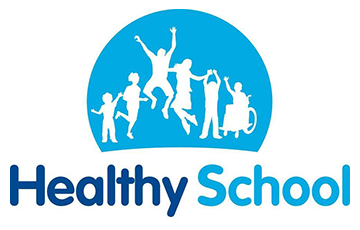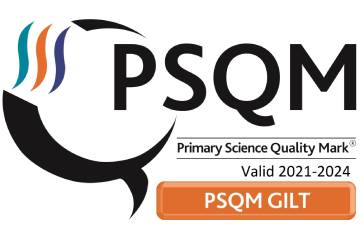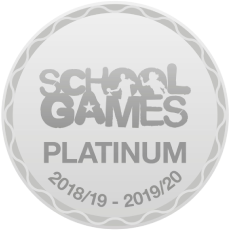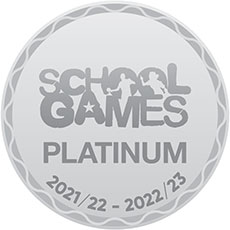Mathematics
Charles Darwin Community Primary School
Mathematics Overview
Our intent
Charles Darwin pupils will
- develop a lifelong love of mathematics
- have a positive view of maths through experiencing a progressive curriculum outlined by our yearly intent documents
- develop confidence through developing fluency, mathematical reasoning and competence in solving increasingly sophisticated problems
- gain an appreciation of the value of maths in daily life by experiencing links to the wider curriculum to see how maths underpins much of what we do in our everyday lives
- develop interest in the patterns and connections in mathematics and to see the relevence of maths in evryday life
What does this look like in Charles Darwin?
Maths is taught daily in all classes. Teachers follow First4Maths Academy core journeys and use the intent documents to ensure the curriculum objectives are covered over the year. The intent documents also support awareness of the expected standard for mastery and greater depth. Teachers adopt a concrete, pictorial, abstract (CPA) approach to teaching Maths, which supports the mastery of concepts in a time frame appropriate to the child. Additional fluency and challenge activities are selcted as appropriate to support children's learning. Throughout our Maths lessons children are given opportunities to use mental, formal written and informal methods to calculate, problem solve and reason and explicit links between areas of maths are taught. In addition to the core journeys, NCETM assessment and professional development materials are also used. Fluency and retrieval sessions are used daily to reinforce key number skills.
In Mathematics, metacognitive approaches are embedded through the consistent use of the I do, We do, You do model alongside First4Maths strategies to improve pupil outcomes. Teachers explicitly model mathematical thinking (I do), verbalising their reasoning, problem-solving strategies and use of precise mathematical language, supported by First4Maths representations and structures. This ensures pupils understand not only what to do, but why. During guided practice (We do), pupils collaboratively apply strategies using concrete, pictorial and abstract representations, discussing misconceptions and making connections between methods. Teachers use carefully sequenced questioning, in line with First4Maths, to deepen understanding and promote reflection. In independent practice (You do), pupils select appropriate representations and strategies with increasing independence, demonstrating fluency, reasoning and problem-solving skills.
Impact
- Outcomes in Maths are strong at each stage
- Essential skills are prioritised so that children are able to move successfully into the next year group.
- Children enjoy mathematics and are able to access learning at a level appropriate to their needs
- Resources are used effectively, including the calculation policies
- Children understand the purpose of mathematics and can use their skills confidently in other subjects
EYFS
- The 6 areas of the mathematics curriculum are intergrated into long term planning from First4Maths.
- Numberblocks is used to further engage children.
- Weekly assessment grids are used to identify children who need additional support and challenge.
Maths is also used to enrich the learning environment, including in the outdoor area.
Home Learning
All children from Year 2 and above have access to the Times Tables Rock Stars online programme. Login information is sent home at the beginning of each year and children access this programme in a number of ways. Children are encouraged to play for short periods as often as possible so as to improve their recall of times table facts. For those children that have difficulty accessing this resource at home, further opportunities are offered in school through lunchtime and after school clubs.
In Year 1, Children will be given access to Numbots, a fun programme to help fevelop fluency with number bonds within 20.










